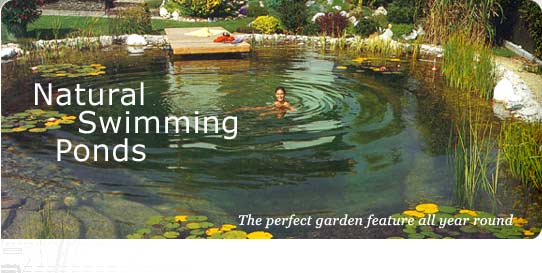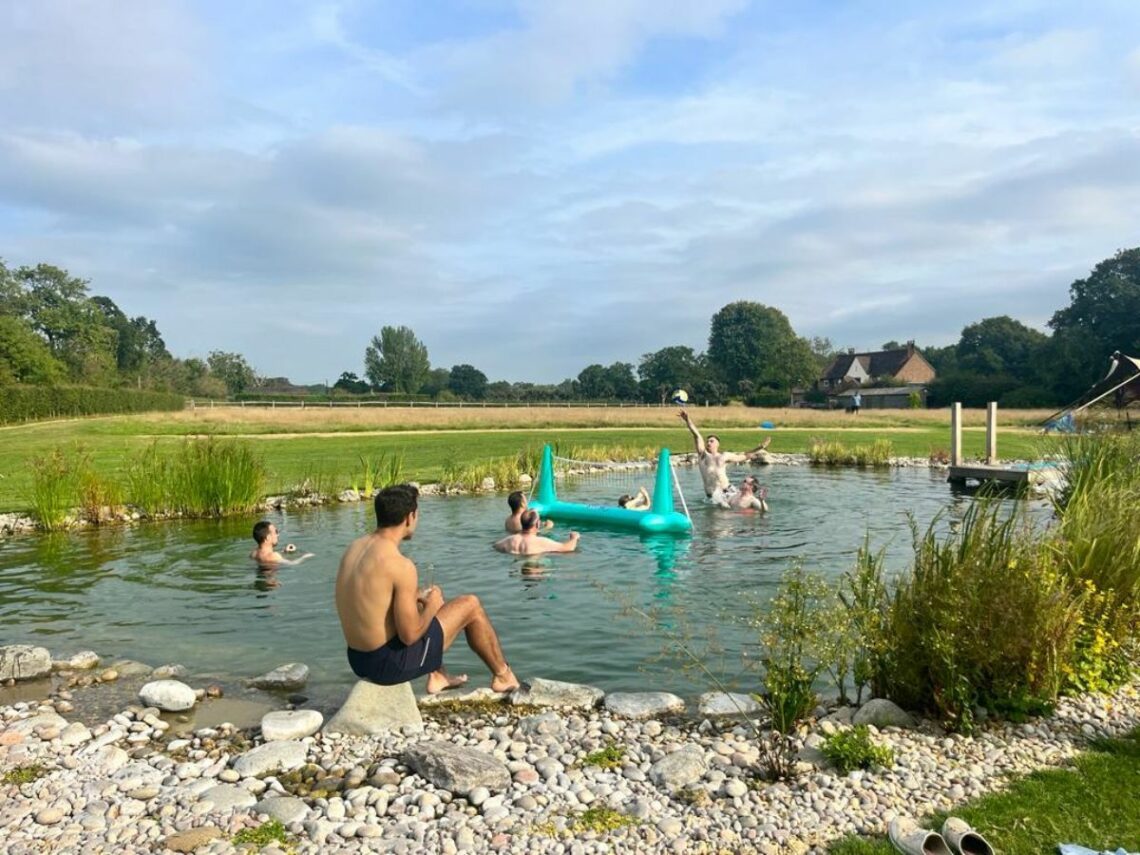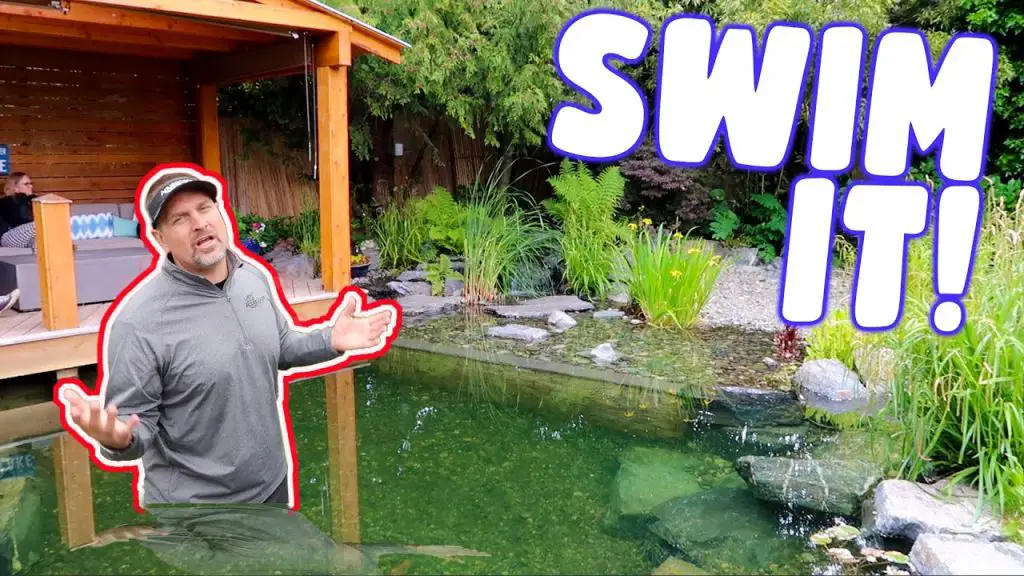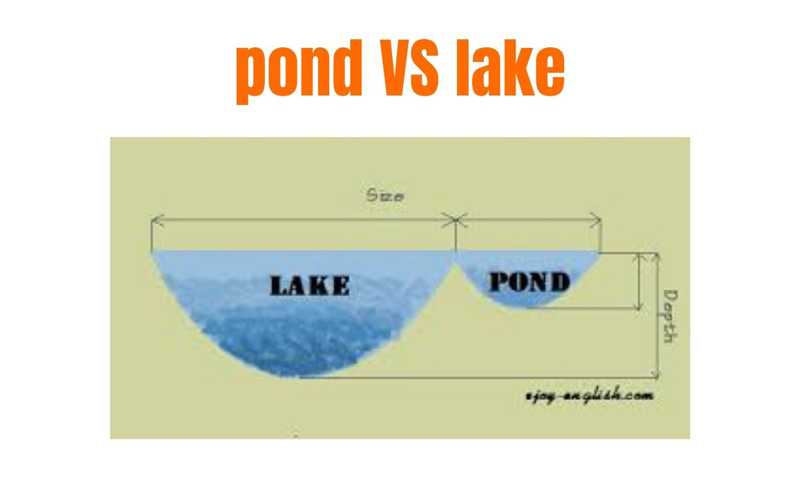Swimming is a popular pastime enjoyed by people all around the world. While most individuals prefer to swim in swimming pools or at beaches, some people also enjoy swimming in ponds. However, the question arises – is it safe to swim in ponds?

Credit: creativepumps.com.au

Credit: www.pondandgardendesign.co.uk
Water Quality
The first thing to consider when deciding whether to swim in a pond is the water quality. Ponds are natural bodies of water that are affected by various factors such as rainfall, runoff, and the presence of wildlife. These factors can impact the water quality and make it unsafe for swimming.
It is important to note that not all ponds are created equal. Some ponds are naturally fed by underground springs, while others are man-made and filled with tap water. Natural ponds are generally safer for swimming as they are less likely to have contaminants such as chemicals or bacteria.
Health Risks
Swimming in ponds can pose a risk to your health. The water in ponds can contain bacteria and parasites that can cause illnesses such as skin infections, diarrhea, and respiratory infections. Swimmers can also be exposed to harmful algae blooms, which can produce toxins that can cause rashes, stomach problems, and even liver damage.
Furthermore, ponds can be home to a variety of wildlife, including fish, frogs, and snakes. While these creatures are generally harmless, they can pose a risk to swimmers who come into contact with them.
Safety Precautions
If you decide to swim in a pond, there are several safety precautions that you should take. First, make sure to test the water quality before swimming. You can do this by using a water testing kit or by contacting a local health department. If the water quality is poor, it is best to avoid swimming.
Second, make sure to avoid swimming during or after heavy rainfall, as this can increase the risk of contamination. It is also important to avoid swimming near areas where wildlife is present.
Third, make sure to wear appropriate swimwear and avoid swallowing the water. Swimmers should also shower after swimming in a pond to remove any bacteria or parasites that may be present on their skin.
Conclusion
In conclusion, swimming in ponds can be enjoyable, but it can also pose a risk to your health. Before swimming in a pond, it is important to test the water quality and take appropriate safety precautions. If you are unsure whether a pond is safe for swimming, it is best to err on the side of caution and avoid swimming altogether.


